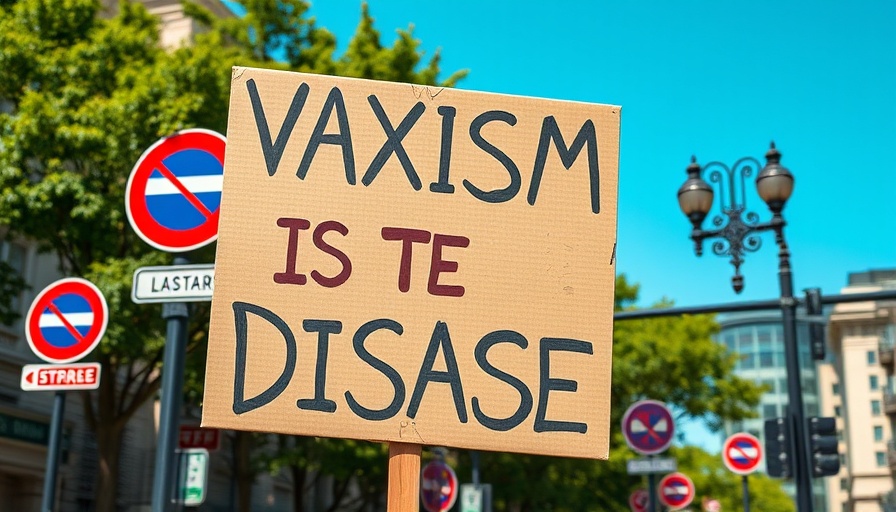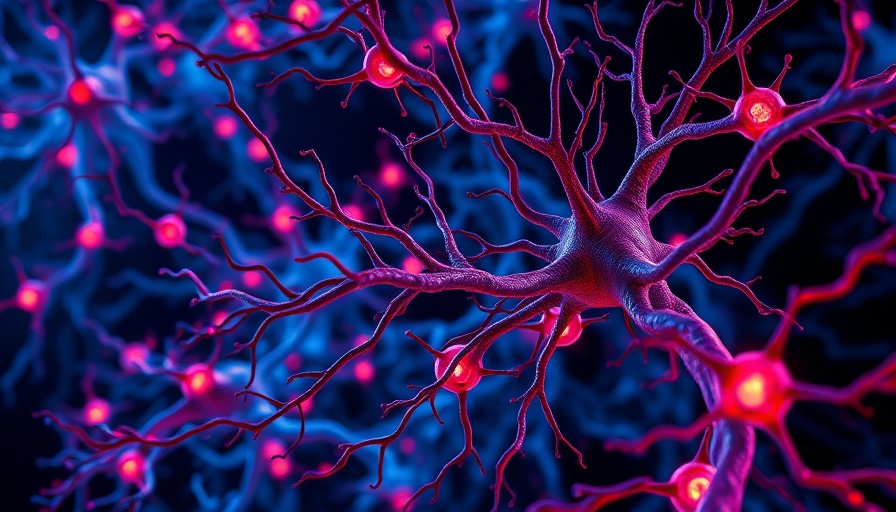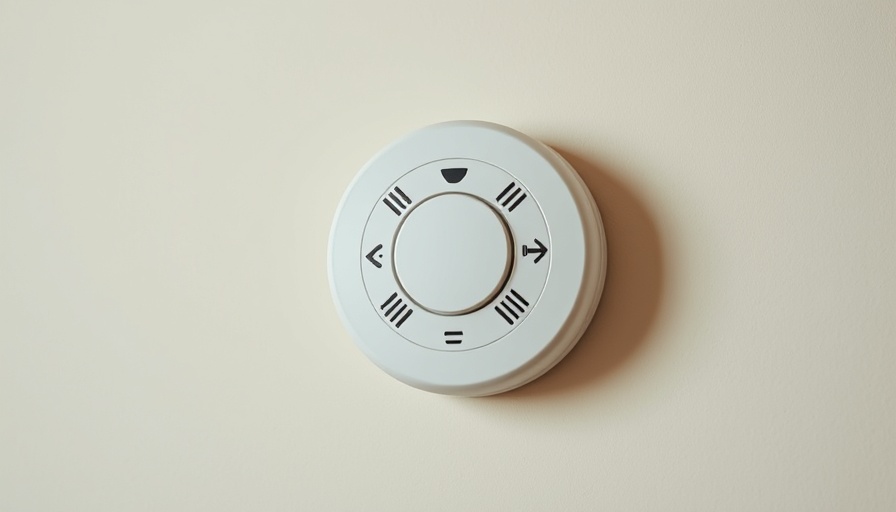
Breaking the Silence: A New Narrative for Men’s Mental Health
For generations, masculinity has been intertwined with the notion of stoicism, prompting men to bury their emotions beneath a facade of strength. Yet, this outdated view is costing lives. As we delve deeper into the complexities surrounding men’s mental health, it becomes evident that vulnerability is not a weakness but a crucial component of well-being. With startling statistics showing that men die by suicide nearly four times more than women, understanding and addressing these issues has never been more critical.
The Hidden Toll of Mental Health Stigma
Even in the wake of growing awareness around mental health, many men find it challenging to seek help. The symptoms of mental illness often manifest differently in men, frequently showing up as irritability, aggression, or withdrawal—behaviors society often normalizes. This programming leads to a cycle of silence, where feelings are bottled up, ultimately escalating to severe outcomes: addiction, physical illnesses, and, tragically, suicide. Acknowledging this cycle is the first step towards change.
The Ripple Effect of Emotional Repression
Physical health is intricately linked to mental health. The stress, anxiety, and trauma that are too often silenced resonate through physical symptoms. High blood pressure, heart conditions, and digestive issues can stem from unresolved emotional pain. This connection necessitates a new conversation about mental health among men. Instead of engaging in harmful coping mechanisms like substance abuse, men should be encouraged to communicate their feelings and seek healthier, more constructive outlets.
Cultural Barriers to Healing
So why do so many men continue to suffer in silence? Cultural conventions play a significant role. Phrases like “big boys don’t cry” perpetuate myths about masculinity, teaching boys to repress their emotions from a young age. Additionally, environments like the military or corporate workplaces can discourage expressions of vulnerability, as many fear being judged as weak. This lack of support reinforces feelings of isolation.
Role Models: The Need for Change
One of the core issues is the scarcity of male role models openly discussing their mental health journeys. Visibility can drive change; when leaders share their stories, it inspires others to break their silence. Men need to see that vulnerability is not only acceptable but can be a source of strength. The more men share their vulnerabilities, the more we shift towards a culture that promotes emotional openness.
Redefining Strength: Courage in Vulnerability
Understanding what strength truly means is vital for changing the narrative around men’s mental health. Real strength lies in confronting your struggles rather than concealing them. This can include acknowledging when one is not feeling well, reaching out to friends, or seeking professional help. Each act of courage helps to dismantle the stigma around mental health and paves the way for healing.
The Power of Conversation: Tools for Change
Changing the conversation about the mental health of men starts in small, everyday interactions. Creating safe spaces, whether among friends or within the community, where men can be vulnerable without fear of judgment, is essential. Encouraging men to express their feelings, share their struggles, and seek help is the first step in building a supportive network.
Call To Action: Embrace Emotional Wellness
We invite you to join the movement in prioritizing mental health. Encourage the men in your life to start conversations about their feelings and to seek help when needed. Together, we can create a culture that embraces emotional wellness, where vulnerability and strength coexist harmoniously.
Let’s shatter the silence surrounding men’s mental health, fostering an environment in which healing and growth are championed over outdated notions of masculinity.
 Add Row
Add Row  Add
Add 



Write A Comment